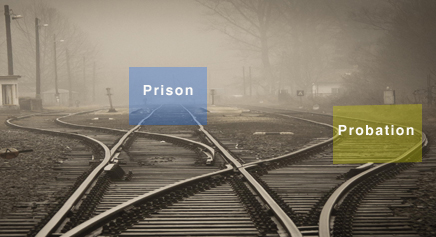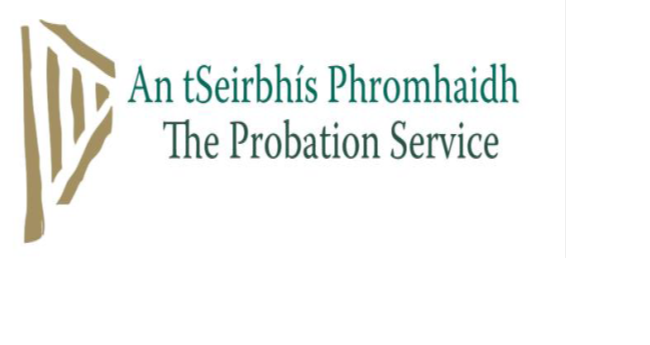Alliances in tackling the roots of crime
JARC
JARC, which stands for the Joint Agency Response to Crime is one of the most concrete examples of partnership work involving the Probation Service.
It was set up in November 2014 as a joint initiative of the Probation Service, the Irish Prisons Service and An Garda Síochána
- the key stakeholders at the 'coalface' in tackling offending behaviour.
The aim of this project in particular is to tackle repeat offenders and find out why they are offending, with the ultimate goal of reducing crime. It’s estimated that 75% of burglaries are caused by 25% of offenders.
JARC feeds into anti-burglar crackdown 'Operation Thor’, and works by sharing resources and communications between the different agencies; co-ordinating and integrating policy, practice and research.
Its key aims are to:
- Develop and further strengthen a multi-agency approach to the management of crime;
- Prioritise particular, nominated, offenders in order to develop initiatives which will address their behaviour;
- Reduce crime and increase public safety in local communities;
A number of joint agency initiatives have been established on a pilot basis under the strategy:
Offending behaviour does not exist in a vacuum. Research shows it usually arises out a range of factors and circumstances, including alcohol and/or drug addiction and social deprivation. For example, recent studies show that 89% of the adult population on probation supervision had misused drugs and/or alcohol either at the time of the survey, or in the past. In working toward our ultimate goal of a safer society through offender rehabilitation, The Probation Service acts as a vital link in the network of organisations, state and community who work together to address these problems in cities and towns nationwide - and in other jurisdictions.
Drugs
The Probation Service is represented on Local and Regional Drugs Task Force and National Drugs Task Forces, assisting in developing and evaluating new initiatives to combat addiction as it contributes to crime. Drugs and Alcohol Policy and Strategy.
Garda Síochána Diversion Projects
The Probation Service participates in the management of many Garda Síochána Diversion Projects in the delivery of effective services to the communities where the service works closely with the Garda and other services. Garda Juvenile Diversion Programme & Garda Youth Diversion Projects
RAPID (Revitalising Areas by Planning Investment and Development) We are represented on many RAPID, County Development and Community Partnership boards. The programme gives priority attention to 51 of the most disadvantaged areas in the country by focusing available resources. The programme also requires Government Departments and state agencies to bring about better co-ordination and closer integration in the delivery of services.
|
71 % of alcohol misusing offenders had their misuse linked to the current offence committed. It is of note that almost half of the offenders within the survey had undergone treatment in the past. |
| Research completed by the Probation Service in 2011 detailed that 89% of the adult offender population on probation supervision had misused drugs and/or alcohol either currently (at the time of the survey) or in the past. |
Homelessness
We are also represented on and participate in the work of the Cross Department Team on Homelessness, the The Homeless Agency and local Homeless Fora, as well as a range of multi-agency initiatives working to address the special difficulties of homelessness and offending.
Domestic Violence
The Probation Service takes part in Regional and National Domestic Violence Committees to address domestic violence and the harm it does in families and communities, in addition to working with individual offenders and providing support to services aimed at reducing offending and its consequences. For more information visit: Cosc.
We also work with a variety of partner agencies and Community Based Organisations. The Probation Service pays over a third of its annual budget to these agencies and to CBOs who partner us in working with offenders and provide a range of valuable services and programmes that help us do our work.




